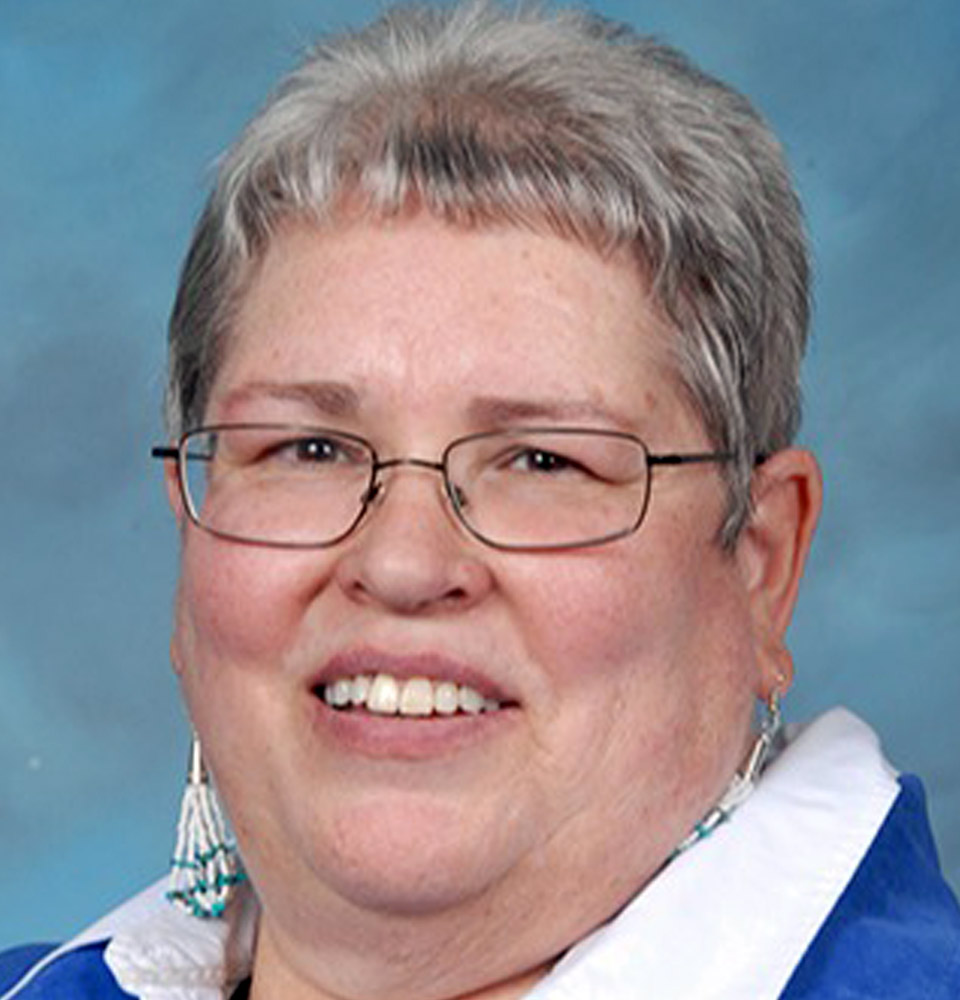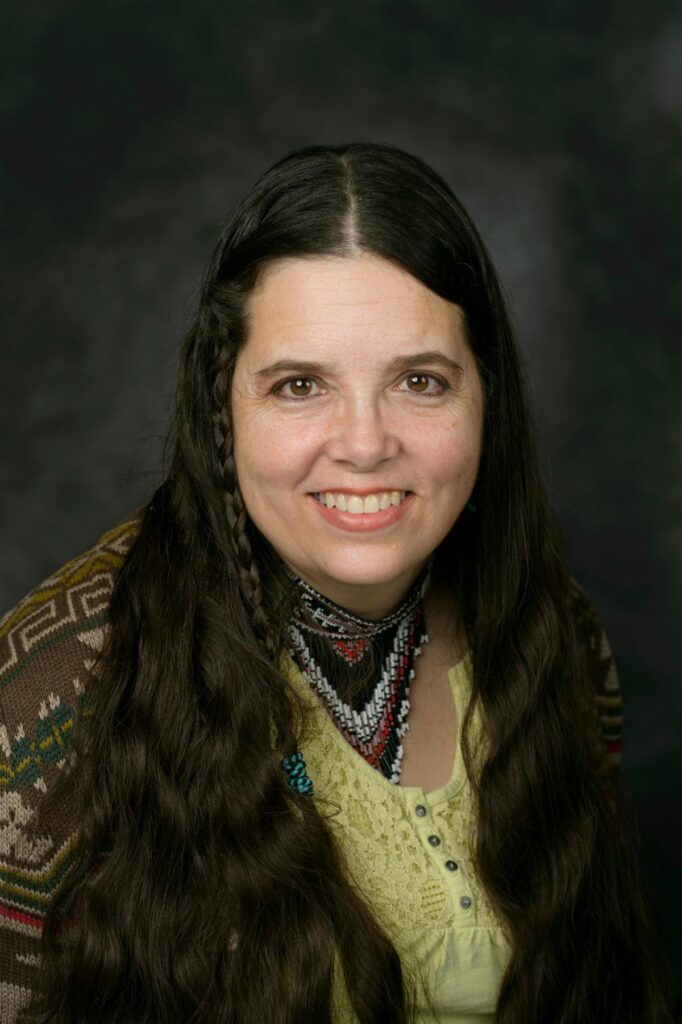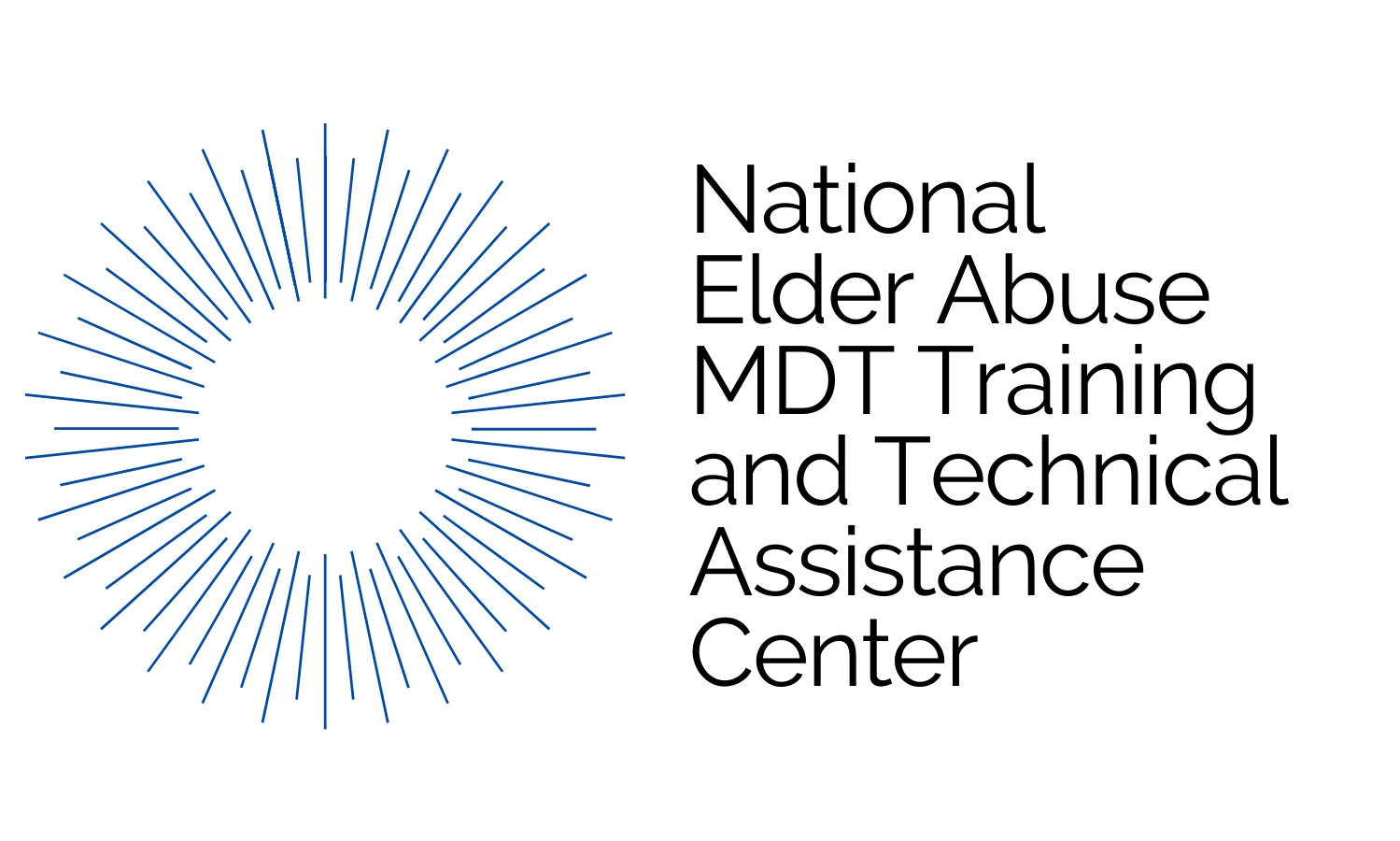
Dr. Jacque Gray is a Choctaw/Cherokee retired associate professor with the Center for Rural Health (CRH) at the University of North Dakota (UND) School of Medicine & Health Sciences. Gray is a partner in the National Center for State and Tribal Elder Justice Coalitions (NCSTEJC) with Lifespan-Rochester and provides technical assistance for tribes with the National MDT Resource Center with Weill Cornell Medical in New York. She is co-director of the Native Center for Behavioral Health at the University of Iowa. Gray is the lead for the Strong Heart Study Psychosocial Work Group, a longitudinal study of cardiovascular disease and metabolic disorders in American Indians that began in She has worked to address health, mental health, and health disparities across Indian Country for 45 years and internationally, working with Māori suicide prevention. She participated in the White House Conference on Aging in 2015 to address elder justice issues. Gray received a doctorate from Oklahoma State University in 1998 and has been at UND since 1999. Gray is a member of the Society of Indian Psychologists; she is a fellow of the American Psychological Association.

Dr. Wendelin Hume is an educator and researcher at the University of North Dakota where she has been for the past 33 years after completing her undergraduate degree at Black Hills State University in Spearfish South Dakota and her graduate education in Criminal Justice and Criminology at Sam Houston State University in Huntsville, Texas. Based in part on her experiences growing up as an enrolled member of the Naotkamegwanning Nation an Anishinaabe reservation in Northwestern Ontario and on her work in the Criminal Justice field her academic interests include Tribal Justice, Restorative Justice, and victim issues ranging from Cybercrime to Elder Justice. Her personal interests center around her family, her ranch, and contributing time and energy to her community and her undergraduate and graduate students.
Understanding Tribal communities and culture is crucial when trying to engage members of these communities in the work of E-MDT’s. Cultural humility is a life-long journey of self-reflection and learning. It involves listening without judgment and being open to learning about and from others. We will use a cultural safety framework when presenting our information. Three foundational aspects we will discuss include a cultural safety framework, looking at the world from Western versus Indigenous points of view, and the resiliency of Indigenous communities.
Helpful Resource
Please examine the provided PDF as a way of introspecting your own cultural values before we discuss some common values of others.



